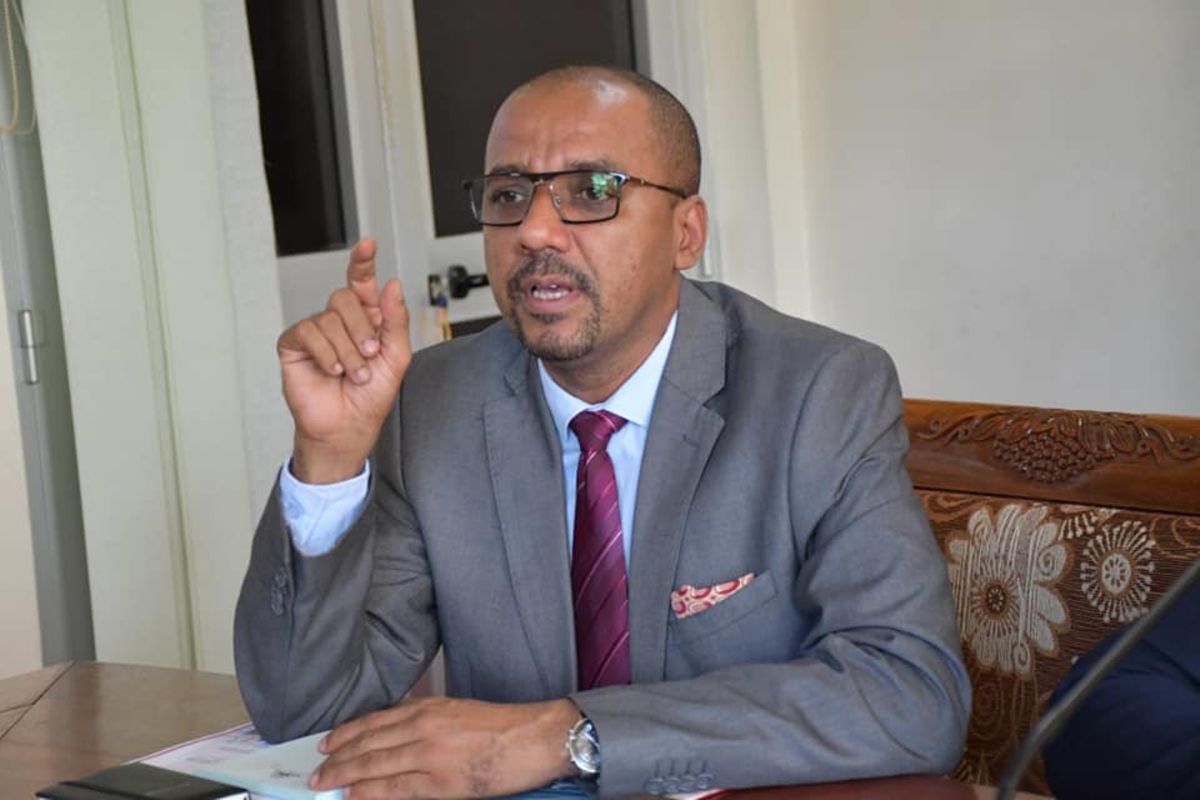Dar es Salaam. CRDB Bank said on Thursday, June 27 that it has disbursed Sh995.346 billion in loans to more than 21,470 entrepreneurs as of May 2024.
The statement was made by Chief Operations Officer Bruce Mwile during a seminar that was held as part of commemorations to mark this year’s International Micro, Small, and Medium-sized Enterprises (MSME) Day.
In its resolution A/RES/71/279, the United Nations General Assembly designated June 27 as ‘MSME Day’ in an effort to raise public awareness of the tremendous contributions of businesses in that category to sustainable development.
The training, held at the CRDB Bank headquarters in Dar es Salaam, was conducted in partnership with various stakeholders.
“In line with our strategies for empowering entrepreneurs, by May 2024, we had disbursed over Sh995.346 billion to more than 21,470 entrepreneurs across various sectors, including agriculture, construction and housing, infrastructure, transportation, health, education, energy, mining, commerce, industry, and the blue economy, to bolster their operations,” he said.
He said the bank’s support for the MSMEs is based on the understanding that businesses in that category account for 27 percent of Tanzania’s gross domestic product (GDP).
The MSME sector, said Mr Mwile, was playing a pivotal role in driving global economic growth, fostering innovation, and creating employment opportunities that enhance individual and community incomes.
“By establishing small and medium-sized businesses, entrepreneurs play a direct role in boosting national income and bolstering government revenue through taxes,” he noted, referencing UN reports.
“Moreover, this sector significantly advances technology and efficiency in both product and service production, thereby strengthening the international competitiveness of the economy,” he added.
According to the UN, MSMEs account for 90 percent of global businesses and create between 60 percent and 70 percent of decent jobs.
MSMEs also contribute over half of the world’s total income.
In Tanzania alone, more than three million MSMEs ensure income security for their owners.
To support grassroots entrepreneurship, the CRDB Bank Foundation has implemented the Imbeju programme, which provides entrepreneurship education, financial literacy, and startup capital starting at Sh100,000.
The programme has successfully reached over 400,000 entrepreneurs and disbursed more than Sh10 billion in enabling capital.
In conjunction with the MSME Day celebrations, CRDB Bank launched the ‘CRDB Biashara Account’, which is designed specifically for small-scale traders aiming to expand their ventures.
This initiative aims to grow their customer base, increase revenues, and facilitate the establishment of large-scale enterprises that can serve both local and international markets.
During the event’s discussions, notable entrepreneurs such as Johnson Kapira from Royal Mark and Josephat Kibwanga from Qualitas Hospital shared their entrepreneurial journeys, highlighting CRDB Bank’s pivotal role in facilitating their business expansions through customised financial services.














